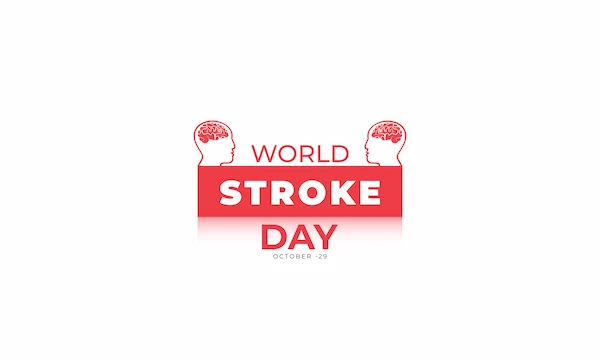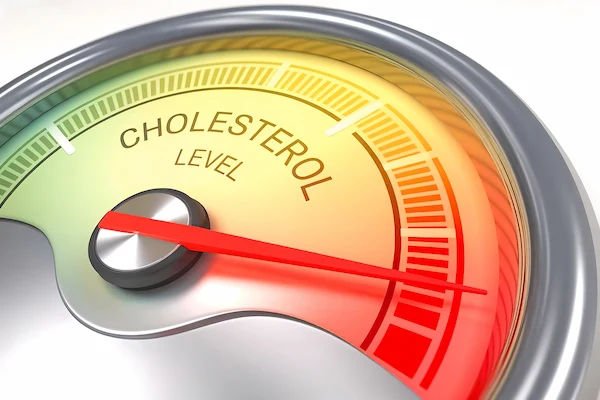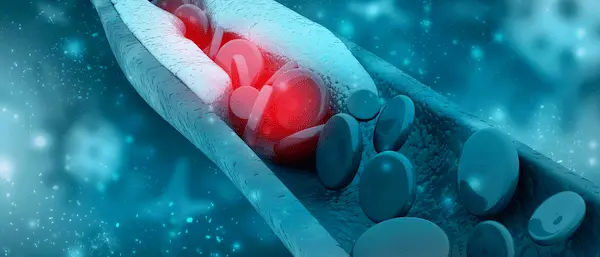- Male
- 38 Years
- 29/01/2025
I'm starting to get concerned about my cholesterol levels, even though my overall cholesterol is 185, which doesn't seem too bad. But my triglycerides are on the higher side, and I'm wondering if this is something to worry about. Are there any natural ways to bring those levels down, or should I be considering medication? Would love to hear your thoughts.
Answered by 1 Apollo Doctors
To help reduce triglyceride levels naturally, you can try incorporating lifestyle changes such as maintaining a healthy diet low in sugar and refined carbohydrates, increasing physical activity, and avoiding excessive alcohol consumption. Additionally, omega-3 fatty acids found in fish oil supplements can also help lower triglyceride levels. If lifestyle changes are not enough to lower triglyceride levels, medication may be recommended. One common medication used to lower triglycerides is Fenofibrate. The usual dosage for Fenofibrate is 48 to 145 mg per day, as prescribed by your healthcare provider.
Dr. Mubarak Suggests...
Consult a Cardiologist
Answered 04/07/2025
0
0

More Cardiology Health Queries
View allI'm worried because my dad, who just recently had an angioplasty, is now dealing with a runny nose, cough, and sore throat. Could these symptoms affect his recovery from the angioplasty? What steps should we take?
See a specialist for accurate diagnosis and targeted treatment.
Answered by 1 Apollo Doctors
I've been keeping an eye on my blood pressure using a digital machine and noticed my systolic pressure seems normal at around 120-135. But I'm a bit concerned because my diastolic pressure readouts are showing between 90 and 96. Should I be worried about this or consider starting any kind of medication?
no need to worry,maintain salt restricted healthy diet,cut down fats in your diet maint regular Physical activity,and have a regular check on your BP if it is still the same visit Physician for appropriate management
Answered by 1 Apollo Doctors
I'm really concerned about this irregular heartbeat I've been experiencing for the past three days. It feels like it's taking jerks, and sometimes it seems to get worse. Additionally, I've had a cough for the past two days. I'm worried and wondered if these symptoms are related. Could you let me know what might be causing this and if I should be worried?
ECHO ,ECG and cardiac markers is advised .Kindly review in cardio opd.
Answered by 1 Apollo Doctors
Disclaimer: Answers on Apollo 247 are not intended to replace your doctor advice. Always seek help of a professional doctor in case of an medical emergency or ailment.

.webp)



